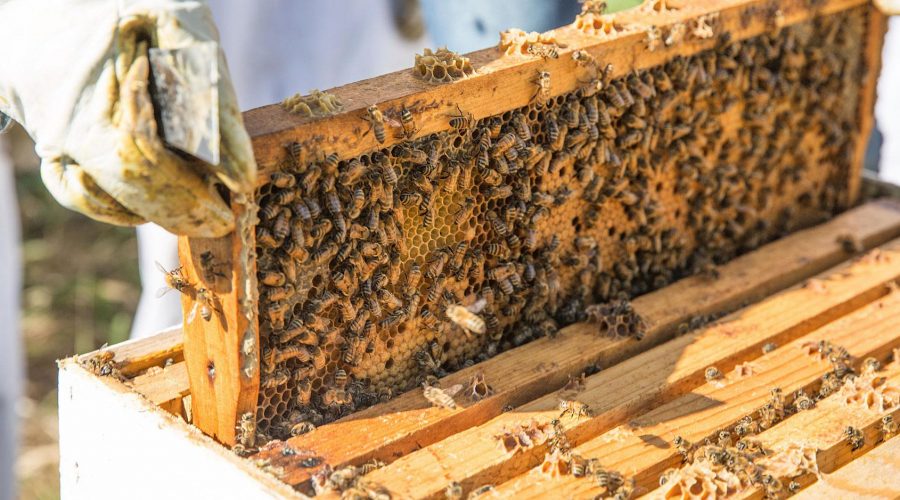Management of the beekeeping sector is guided by the National Beekeeping Policy (NBP) of 1998. The NBP has been implemented for 23 years now, and during this period, there has been a number of institutional and policy reforms aimed at stimulating growth of the national economy. However, the reforms are known to have changed the macro-economic and environmental frameworks significantly, which in turn have affected the implementation of the NBP of 1998 either positively or negatively.
In 2019, the Ministry of Natural Resource and Tourism (MNRT) undertook an evaluation to establish the implementation status of the NBP since its endorsement in 1998. The evaluation was meant to check as to whether the current policy is still effective, efficient and relevant to address the challenges facing the sector and hence contribute to the socio-economic development of the present and future generations. The outcome of the review work indicated that, the NBP of 1998 is still valid, effective, efficient and relevant to address challenges facing the sector. However, lack of implementation strategy was noted to be among serious challenges that saddles development of the beekeeping sector in the country. This led to the recommendation that the National Beekeeping Policy Implementation Strategy (NBPIS) be developed to guide the implementation of NBP (1998).
The National Beekeeping Policy Implementation Strategy, an instrument for implementing the NBP of 1998, has been prepared following the recommendations from the evaluation report and expiry of the National Beekeeping Programme (NBKP) in 2010. The preparation of the NBPIS has taken into consideration macroeconomic and social policy development and other related policies such as land, agriculture, forest, wildlife and environment.
National Beekeeping Policy Implementation Strategy (2021-2031)




